Search Results
Showing results 1 to 20 of 31
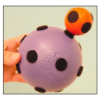
How Do Viruses Recognize a Target Cell?
Source Institutions
This activity demonstrates the specificity of viral vectors for target cells in gene therapy delivery methods using two approaches: 1) STYROFOAM® models demonstrate viral ligand binding to receptor pr
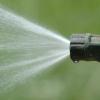
Skin Deep
Source Institutions
In this activity, learners explore how to protect their skin while applying pesticides to plants.

Gummy Shapes
Source Institutions
In this activity, learners use chemistry to “self-assemble” gummy shapes. Learners discover that self-assembly is a process by which molecules and cells form themselves into functional structures.
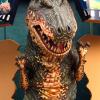
Name-a-Saurus
Source Institutions
In this paleontology activity, learners explore the system behind dinosaur nomenclature.
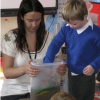
How We Know What The Dinosaurs Looked Like: How Fossils Were Formed
Source Institutions
In this activity (p.7-8 of PDF), learners examine fossil formation.
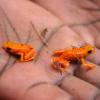
Dress Like a Frog
Source Institutions
In this activity, learners will discover what it takes to be a frog. By dressing up like one, learners can visualize how each part of the frog plays an important role in surviving its habitat.
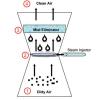
Washing Air
Learners observe and discuss a simple model of a wet scrubber, a device for cleaning industrial air pollution.
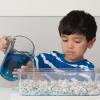
Water Underground
Source Institutions
Many people get water from a source deep underground, called groundwater.
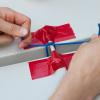
Strong Bones, Weak Bones
Source Institutions
Most people will break a bone in their body at some point in their life, but how much force does it take to break one?
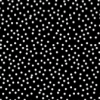
Invisible Sunblock
Source Institutions
This is a hands-on activity exploring how nanoscale particles are used in mineral sunblocks to increase their transparency.

Beach Finds Curiosity Cart
Source Institutions
In this activity, learners observe hard parts of sea creatures (shells, molts, etc.) to better understand marine environments.
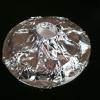
Mars from Above: Viewing Volcanoes
Source Institutions
In this activity, learners create volcanoes like those they have examined on Earth and Mars through images taken by spacecraft.
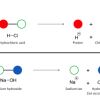
Chemical Identification
Source Institutions
In this activity, learners discover how a cabbage juice indicator helps identify acids and bases, and how iodine indicates the presence of starch.
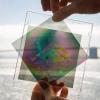
Polarized Light Mosaic
Source Institutions
In this activity, learners use transparent tape and polarizing material to create and project beautifully colored patterns reminiscent of abstract or geometric stained glass windows--no glass required
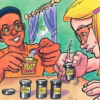
A Feast for Yeast
Source Institutions
In this activity on page 6 of the PDF (Get Cooking With Chemistry), learners investigate yeast. Learners prepare an experiment to observe what yeast cells like to eat.

Dip Dip, Hooray
Source Institutions
Lakes, streams and other freshwater bodies are a habitat for lots of living things, big and small.
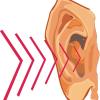
Good Vibrations
Source Institutions
In this activity, learners experiment with their voices and noisemakers to understand the connections between vibrations and the sounds created by those vibrations.
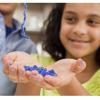
Exploring Fabrication: Gummy Capsules
Source Institutions
In this activity, learners make self-assembled polymer spheres.

Build a Giant Puzzle!
Source Institutions
In this activity, learners assemble large cubes to make nano-related images. Learners discover how different objects are related to nanoscience and nanotechnology.
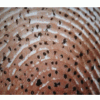
Sweat Spot
Source Institutions
In this activity, learners use a chemical reaction to visualize where moisture forms on the body.
